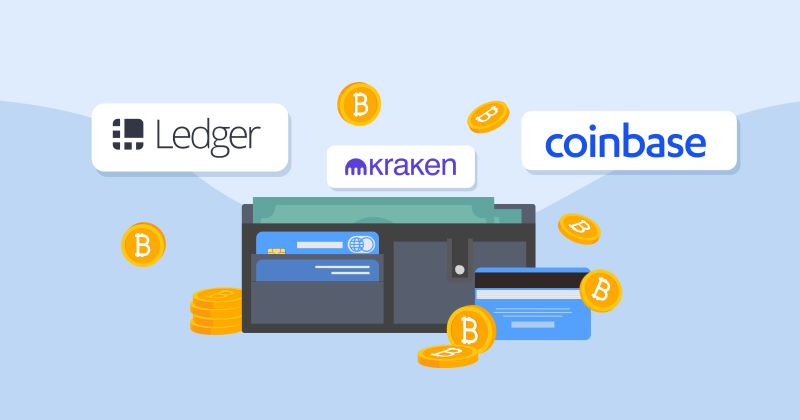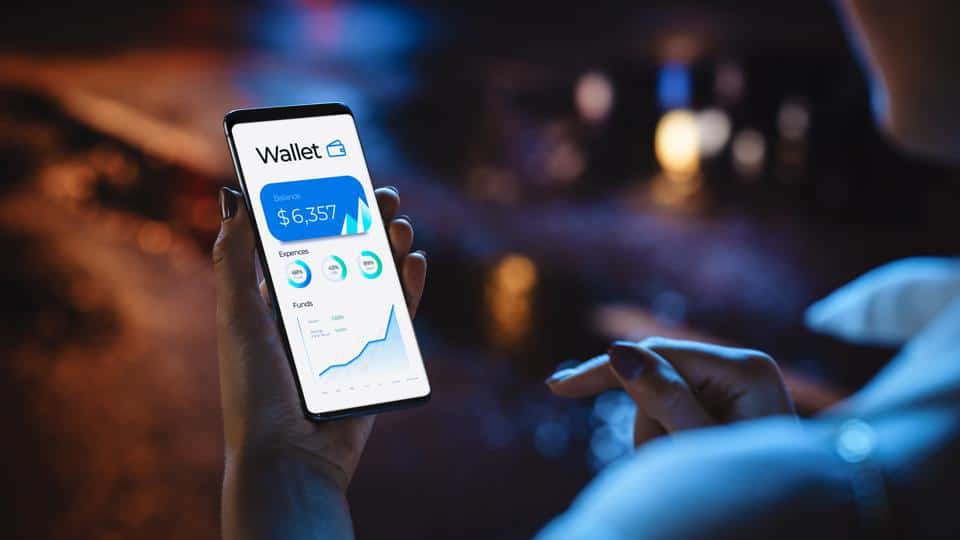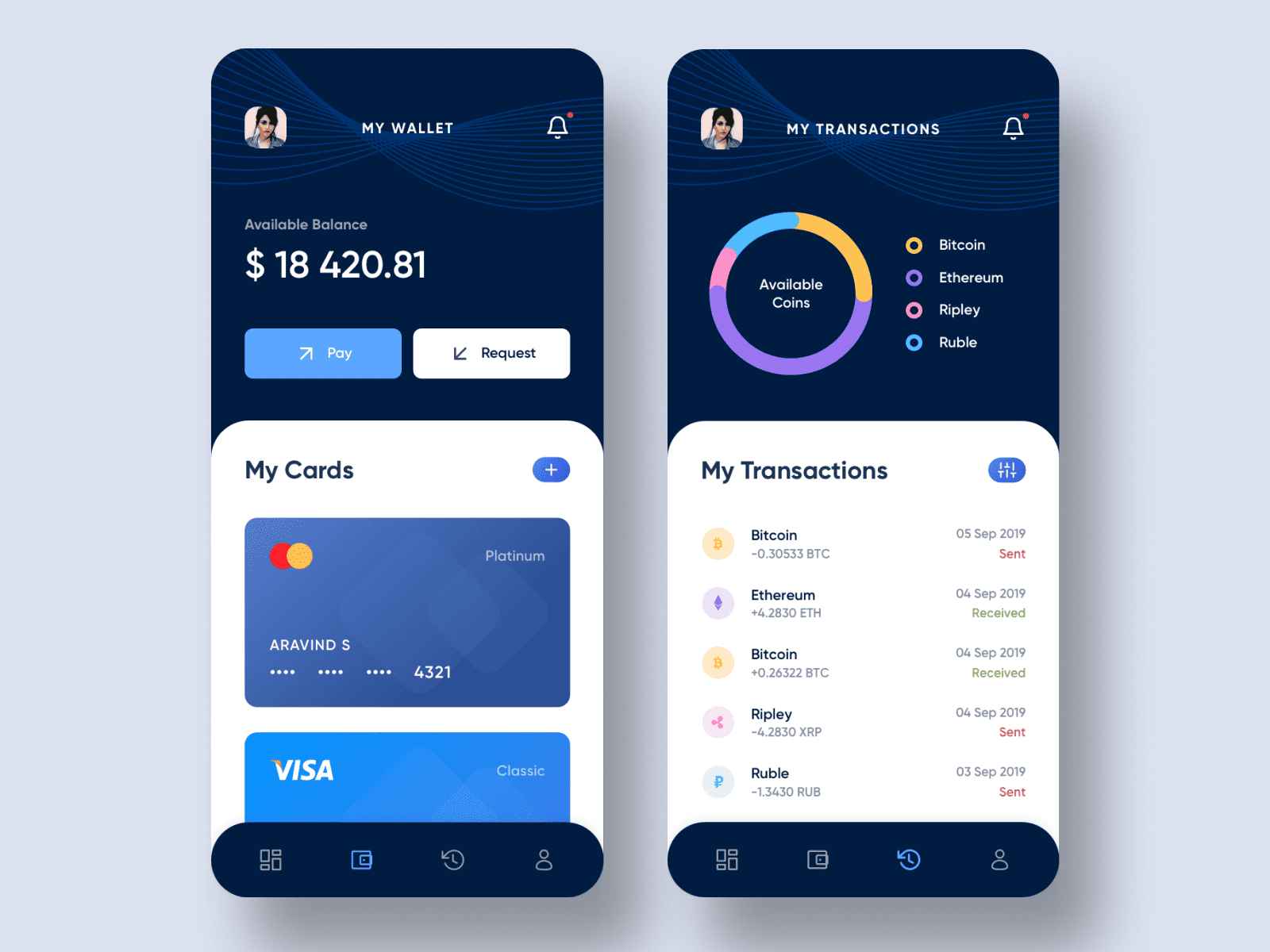Best crypto wallet for security: It’s not just an option, it’s a must-have. Your hard-earned digital currency deserves the highest protection, and I’m here to guide you straight to it. Peel your worries away; let’s delve into hardware wallet security so essential in this tech-ridden world. Get ready for a deep dive into Ledger Nano X and Trezor Model T, the frontrunners in safeguarding your digital wealth. With encrypted storage and PIN protection, security features aren’t just technical jargon; they are your crypto’s watchful guardians. Keep your investments out of reach from cyber threats—a goal that’s now within your grasp. Join me on this quest to protect what’s yours.
Understanding Hardware Wallet Security and Its Importance
Exploring the Leading Options: Ledger Nano X and Trezor Model T
Looking for the safest place to keep your digital coins? Two top hardware wallets, the Ledger Nano X and the Trezor Model T, have set high bars. They let you hold onto your coins even when you’re offline. This is called cold storage, and it’s safer than keeping coins in a mobile or web wallet.
Think of a hardware wallet like your personal safe. No one gets in but you. Both these wallets pack tight security, but each one has special features.
The Ledger Nano X connects to your phone using Bluetooth. This means you can check on your crypto while you’re out. It’s handy and safe. With the Ledger’s own security chip, your keys stay locked up tight.
The Trezor Model T, on the other hand, gives you its own touch screen. You can see all your info with no risk from your computer. It also supports many cryptos and lets you access other apps too.
So, which one is best for you? Think about what matters most: lots of coin types, using it on the go, or maybe the cost.
Evaluating Security Features: Encrypted Storage and PIN Protection
When you keep your coins off the web, hackers have a hard time getting to them. That’s what makes hardware wallets like Ledger and Trezor so safe. But what about when they’re not plugged in? They’ve got you covered there too.
Both of these wallets use strong codes to lock your data, known as encryption. Even if someone finds your wallet, they can’t do much without the codes.
You also get to set up a PIN, just like your bank card. Pick a good one that only you know. This will stop others from getting in if they find your device. Try to keep the PIN a secret from anyone who shouldn’t know it.
Remember, you want to make sure that only you can get to your coins. With a good hardware wallet, you’re the boss of your own bank. Choose a wallet that fits what you need in both safety and features!
In the end, your coins are only as safe as where you put them. Take your pick from the best and sleep well knowing your digital wealth is secure.
Maximizing Safety with Cold Storage Crypto Solutions
The Benefits of Air-Gapped and Multisignature Wallets
For sheer security, cold storage crypto solutions are king. Think of cold storage as a digital vault, not connected to the internet, safe from hackers eyeing your digital wealth. Air-gapped wallets are a prime example, not ever touching an online network. They block unauthorized access like a champ. For those who may not know, an air gap is a security measure that involves keeping a device offline, away from unsecured networks.
Now, multi-signature, or multisig, wallets require more than one key to make a transaction. This means you need two or more approvals to move your crypto, making theft a lot tougher. Multi-signature setups lower the risk of a single point of failure. If one key holder is compromised, your assets stay put.
Implementing Multi-factor Authentication and Secure Backup Strategies
Multi-factor authentication adds layers to your defense. Think of your crypto wallet like your home. You wouldn’t secure it with a simple latch, right? No, you’d add deadbolts, maybe an alarm. That’s multi-factor authentication, just for digital currency. By requiring more than one form of verification, such as a password plus a fingerprint or a PIN plus a text message code, you can box out potential thieves.
When we talk about backups, it’s about ensuring access to your crypto, even during a disaster. If your hardware wallet ever fails, or gets lost, having a secure backup strategy in place can be a lifesaver. Secure backups might involve writing down recovery phrases and storing them in places like bank safes or with trusted family.
Secure cryptocurrency storage isn’t just a choice, it’s a must. It’s about taking control of your assets and keeping them out of reach from bad actors. Whether you choose air-gapped solutions, multsignature wallets, or both, know that layering security measures is smart. It makes sure that only you, who earned that crypto, keep that crypto.
Protecting Your Digital Assets from Cyber Threats
Strengthening Defenses Against Phishing and Hacking Attempts
Keep hackers away from your coins. Use wallets that fight off phishing and hacks. For secure cryptocurrency storage, a hardware wallet offers top-notch security. But it’s more than just having a gadget; understanding security protocols in crypto wallets is your shield against the wily ways of online thieves.
Phishing resistant cryptocurrency wallet features, like Trezor Model T, ask you to confirm actions on the device itself. This simple step, believe it or not, stops many hackers in their tracks. They can’t get what they can’t touch.
Biometric Security and Advanced Encryption in Crypto Wallets
Your face and fingerprint can protect your crypto too. Biometric security in crypto wallets is like a high-tech lock. Only you have the key. Add encryption for digital currency and even a pro hacker will sweat.
Some wallets blend biometrics and encryption seamlessly. They offer safety and ease, like the Ledger Nano X. It guards your crypto with complex math and simple taps. With these, even if someone snatches your physical wallet, your digital wealth stays put.

Cold storage crypto solutions shine in keeping your stash safe offline. These are the Fort Knox for your digital gold. Yet, among options, some stand out. Air-gapped crypto storage means your wallet never touches the net. No touch, no hack. Look for this when picking your fortress.
For safe trading, think multisignature wallets. Here, you need a few keys to open the door to your coins. This teamwork approach spreads risk and fortifies your defense.
Multi-factor authentication in wallets? Absolutely. It’s like asking for a secret handshake. The more hurdles for an intruder, the better. Every step you add could mean keeping what’s yours.
As an expert, I’ve seen it all. From forgotten passwords to hacked accounts. So I stress this: pick a wallet that matches your security needs. As for me? I’d pick a wallet that’s a jack-of-all-trades – secure, user-friendly, and tough against cyber bad guys.
Oh, and one more thing. Stay updated on wallet software. It’s your silent guardian. It patches holes and keeps your defenses sharp. So keep your software as fresh as your crypto moves.
To sum it up, protect your coins like precious gems. Go for wallets that understand the craft of security. And remember, your best ally is being informed.
Choosing the Safest Wallet for Your Cryptocurrency Portfolio
Comprehensive Comparison of Hot vs. Cold Wallet Security
In the world of crypto, keeping your coins safe is a big deal. Think of hot wallets like your everyday wallet. It’s easy to use but not the safest place for all your money. Cold storage crypto solutions are more like a safe. They’re less handy for daily use but much better at keeping your wealth secure.
Hot wallets are connected to the internet. You can trade or pay with coins fast. Yet, they are more open to hackers. Cold wallets, on the other hand, are not connected. This makes them less open to online attacks. For ultimate safety, cold wallets win. Yet, you might need both types for different needs.
Best Practices for Secure Private Keys Management and Recovery Processes
Managing your private keys means keeping your crypto safe. If you lose them, you lose your coins. It’s that simple. Think of these keys as the most important passwords you have. To keep them safe, write them down and store them in a few different safe spots. Some folks even use a bank safe deposit box.
Backup is just as critical. Having a backup keeps you safe if something happens to your keys. A good way to back up is to use what’s known as a recovery seed. It’s a list of words that can bring your wallet back if you lose the keys. Keep this list hidden and in multiple places, just like your keys.
When picking a wallet, looking for one with air-gapped crypto storage is smart. This means it can’t talk to other devices unless you want it to. Also, search for hardware wallets with top-notch security features. They should have solid encryption for digital currency. This keeps your coins hidden from bad actors.
Some wallets offer multi-factor authentication in wallets. This adds an extra layer of safety to your account. For mobile wallets, biometric security like a fingerprint can help to lock your wallet tight.
Always pick a secure cryptocurrency storage method you trust. And be ready to keep learning. The best Ethereum wallet with security today might get better tomorrow. Stay up-to-date on the tools that will keep your digital wealth safe.
To wrap it up, we dove deep into the security of hardware wallets. We checked out top choices like the Ledger Nano X and Trezor Model T and looked at how they keep your crypto safe with cool features like encrypted storage and PINs.

Best Crypto Wallet for Security
We also talked about cold storage solutions, like wallets that aren’t connected to the net, and ones that need more than one sign-off to use. Plus, we covered how adding more security steps and having a solid backup can keep your money safe.
And we can’t forget how important it is to fight off online threats. This means getting smart about phishing and hacking, and maybe even using your fingerprint or other tough-to-crack methods to lock down your digital cash.
Finally, picking a safe wallet for your cryptocurrency comes down to knowing the difference between hot and cold wallets, and having a plan to look after your private keys the right way. Keep these tips in mind and you’ll be setting yourself up for peace of mind in the wild world of crypto. Follow Dynamic Cryto network to update more knowledge about Crypto.
Q&A :
What is the most secure crypto wallet available today?
When it comes to securing your cryptocurrencies, the term “most secure” often relates to hardware wallets, or cold storage wallets, because they are not constantly connected to the Internet. One of the most respected and secure hardware wallets is the Ledger Nano X, due to its robust security features like a secure chip and proprietary operating system that provides protection against both physical and virtual theft.
How do security features vary among different crypto wallets?
Crypto wallets can vary significantly in terms of security features. Some, like hardware wallets, offer offline storage, two-factor authentication (2FA), and backup options which greatly enhance security. Software wallets, on the other hand, may offer convenience but potentially expose users to online threats. Advanced security features like multi-signature support and biometric authentication can also differentiate the security levels among various wallets.
Are there any best practices for ensuring the security of a crypto wallet?
Absolutely, crypto investors should follow best practices to heighten the security of their assets. Choosing a wallet with strong security features is crucial, but so is using a strong, unique password and enabling 2FA whenever available. Keeping your private key in a secure place that only you can access, regularly updating your wallet software, and avoiding phishing scams by verifying sources and URLs helps in maintaining the security of your crypto wallets.
Does the choice of a crypto wallet impact overall asset security?
Yes, the choice of a crypto wallet plays a significant role in the overall security of your digital assets. Security-focused wallets like hardware wallets or those with enhanced encryption and security protocols offer a fortified layer of protection against hacking and unauthorized access. The wallet’s infrastructure, update frequency, and the reputability of its developers can all impact the safety of the assets contained within.
What should I consider when looking for the best crypto wallet for security?
When searching for the best crypto wallet for security, you should consider factors such as the type of wallet (hardware, software, paper), security features (like encryption and biometric security), backup and restore capabilities, and the reputation and history of the wallet provider. Additionally, it’s important to assess compatibility with different cryptocurrencies and ease of use, without compromising on security aspects.

